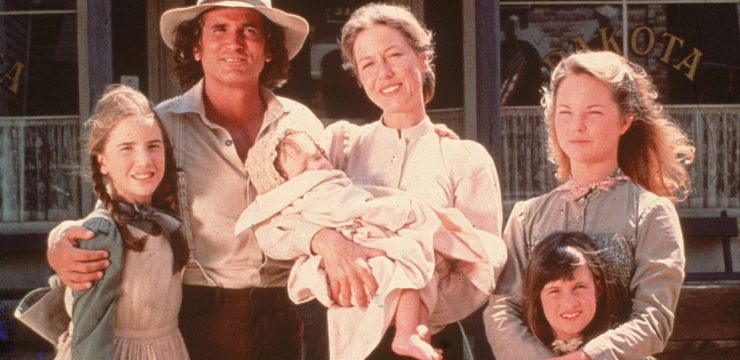When it comes to relationships, one of the most talked about and often debated subjects is age difference, and while society tends to impose its own standards on what is considered “appropriate,” history, culture, and psychology remind us that love has never been something that follows strict formulas. The Bible itself references unions with notable age gaps, suggesting that companionship, commitment, and shared faith were more important than the number of years separating two people.

Across centuries, relationships with significant age differences have existed, and they continue today, often sparking curiosity, judgment, and sometimes admiration. In the modern world, couples are constantly reshaping what partnership looks like. Some couples are close in age, sharing the same experiences and life stages, while others may be decades apart, challenging preconceived notions about compatibility. What fuels fascination is not just the numbers but the perceived dynamics: who holds influence, who offers stability, and whether two people from different life stages can truly connect. Yet reducing relationships to simple arithmetic misses what makes them thrive—mutual respect, trust, and shared values. Psychologists note that age differences bring both advantages and difficulties.
An older partner often contributes wisdom, patience, and life stability, while a younger partner brings energy, spontaneity, and fresh ideas. Together, these qualities can create balance and enrichment. Still, challenges can arise when one person is focused on self-discovery and career growth while the other is looking toward stability, retirement, or family planning. These differences don’t doom a relationship, but they demand openness and compromise. Honest discussions about finances, health, long-term goals, and lifestyle are essential when years separate the partners. Historically, age gaps were common, and in many societies, they were expected. Older men were considered providers and protectors, while younger women were valued for fertility and the continuation of family lines.
These arrangements were practical, often tied to survival and stability. While remnants of these traditions still exist in certain parts of the world, modern societies emphasize personal choice, equality, and emotional connection, which explains why age-gap relationships now face more skepticism. Public figures bring this topic into mainstream discussion, as celebrity couples with wide age gaps are constantly scrutinized. Some people criticize such relationships, assuming they’re based on status or wealth, while others applaud couples for following their hearts.
High-profile partnerships often force society to confront its biases: if two consenting adults are happy together, does the number of years between them really matter? Still, challenges remain. One of the greatest is navigating different life stages. A 25-year-old may be excited about travel and career opportunities, while a 50-year-old partner may be thinking about retirement savings and long-term health. These differences can cause tension if left unaddressed, but when couples communicate honestly and respect each other’s needs, they can find common ground. Social perception also weighs heavily. Double standards are obvious, as men with younger partners are often celebrated, while women with younger partners may be unfairly labeled with terms like “cougar.”
These stereotypes reveal deep-rooted biases about gender roles, and while they can create outside pressure, couples who focus on their connection often find that the opinions of others matter far less than their shared happiness. Psychologists emphasize that the foundation of any healthy relationship is emotional maturity, not age. Two people of similar ages can have a toxic, unstable relationship if they lack respect and communication skills, while couples separated by decades can flourish if they prioritize empathy, compromise, and a shared vision. Age is just one factor in a much larger equation. Studies suggest that couples closer in age may statistically face fewer obstacles over time, but statistics don’t dictate outcomes. Every relationship is unique, and what matters most is whether two people are committed to growing together rather than apart.
For many couples with age gaps, the relationship teaches patience, adaptability, and understanding—the same qualities that sustain any long-lasting partnership. In fact, age difference can sometimes enhance a bond. An older partner may provide perspective and steadiness, while the younger partner inspires adventure and openness to new ideas, creating a balance that allows both to see the world differently. As society continues to evolve in its understanding of love and marriage, it becomes clear that there is no universal definition of an ideal relationship.
People may continue to argue over what the “right” age gap should be, but the reality is that only the couple themselves can decide what works. Love has never followed rigid rules, and it thrives precisely because it challenges expectations. What truly matters is not how many birthdays separate two people, but how they show up for each other day after day. Some couples find that the gap becomes irrelevant as the years pass, while others discover that it becomes a source of strength. In the end, relationships are built on connection, not numbers. Love is unpredictable, surprising, and sometimes unconventional, but that is what makes it enduring. It exists not because it conforms to society’s rules, but because it dares to exist outside them.





